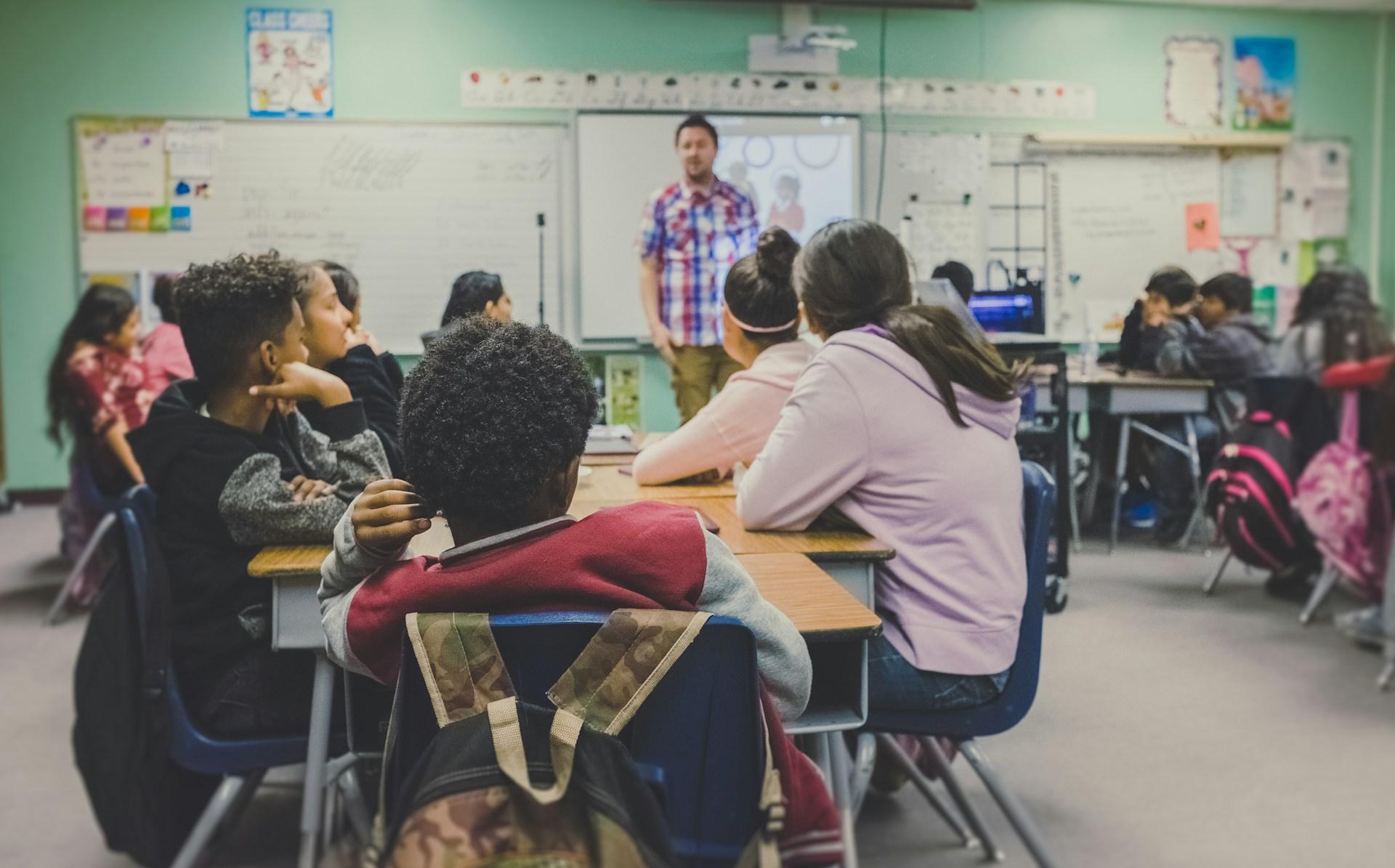The Things They Don’t Teach You in Teacher Training
I remember the first time I walked into a teaching interview. My heart pounded so loudly I was sure they could hear it. Ten people sat across from me, their faces unreadable, pens poised, ready to judge whether I was worthy of the job.
posted by
related reading
Exciting New Jobs - What‘s Trending and Where You Can Shine
The world of education is evolving faster than ever, and with it comes new opportunities for those passionate about teaching, learning, and technology. Whether you’re an experienced educator or just starting out, there are some exciting, in-demand jobs you might not have even considered yet.
Jobs You Can Do With Your BEd Degree (and Some Certifications To Boost You!)
Let's take a look at some real-world, professional jobs that you can land with your BEd degree, plus a few key certifications you can add to boost your skills. Time to take your education career in a new direction!

Introduction
I remember the first time I walked into a teaching interview. My heart pounded so loudly I was sure they could hear it. Ten people sat across from me, their faces unreadable, pens poised, ready to judge whether I was worthy of the job. The questions came fast, and I quickly realized—I wasn’t prepared. I had spent years studying education, learning theories, and lesson planning, but nothing had prepared me for this moment. I stumbled through my answers, feeling like I was saying all the wrong things. When I walked out of that room, I felt crushed. Was I even a good teacher? Had I made a mistake choosing this career? What did my future hold if I couldn’t even get past an interview?
You can do all the research on the school system, read every policy, and think you’ve learned a lot in your teaching practice—but nothing truly prepares you for the reality of stepping into a school as a full-time teacher. Teaching isn’t just about knowing your content or writing a great lesson plan—it’s navigating school systems, understanding the unspoken rules of staff rooms, handling classroom management, surviving school politics, and adapting to constant curriculum changes. It’s about resilience, learning how to balance the passion for teaching with the reality of the profession.
The importance of having a mentor
I wish I had a mentor then—someone who had walked this path before me, someone who understood what it meant to be a teacher in South Africa, who had felt the sting of rejection but had found a way forward. Not a tutor who just says the right things I want to hear, but someone who tells me the important things—the scary parts, the challenges no one talks about, the parts I hadn’t even thought of when I started down this journey. A mentor could have told me the raw truth of school life—the behind-the-scenes reality that no university course prepares you for. They could have given me interview tips, real-world classroom advice, and the confidence to walk into that room prepared, ready to own my place as an educator.
If you’re a student teacher or just starting out, you don’t have to go through this alone. A mentor provides more than just career guidance—they offer emotional support, a sounding board for your ideas, and a space to reflect on your teaching journey. They can help you develop and refine your ideas, turning vague concepts into actionable strategies that can improve your teaching and career growth. They can help you build confidence, refine your teaching philosophy, and even introduce you to valuable networks that could open doors to future opportunities.
Mentoring is not a sign of weakness
Having a mentor isn’t a sign of weakness—it’s the smartest move you can make. Imagine having someone who understands your struggles, who can help you navigate school policies, difficult parents, and those moments when you wonder if you’re even cut out for this. Someone to guide you through your first lesson observations, help you fine-tune your resume, and give you insights into what schools actually look for when hiring.
Together, we can shape the future of education, support each other through the tough moments, and celebrate the victories—big and small. When teachers lift each other up, we all rise. Because the best teachers aren’t just the ones who know the curriculum—they’re the ones who learn from those who came before them.
